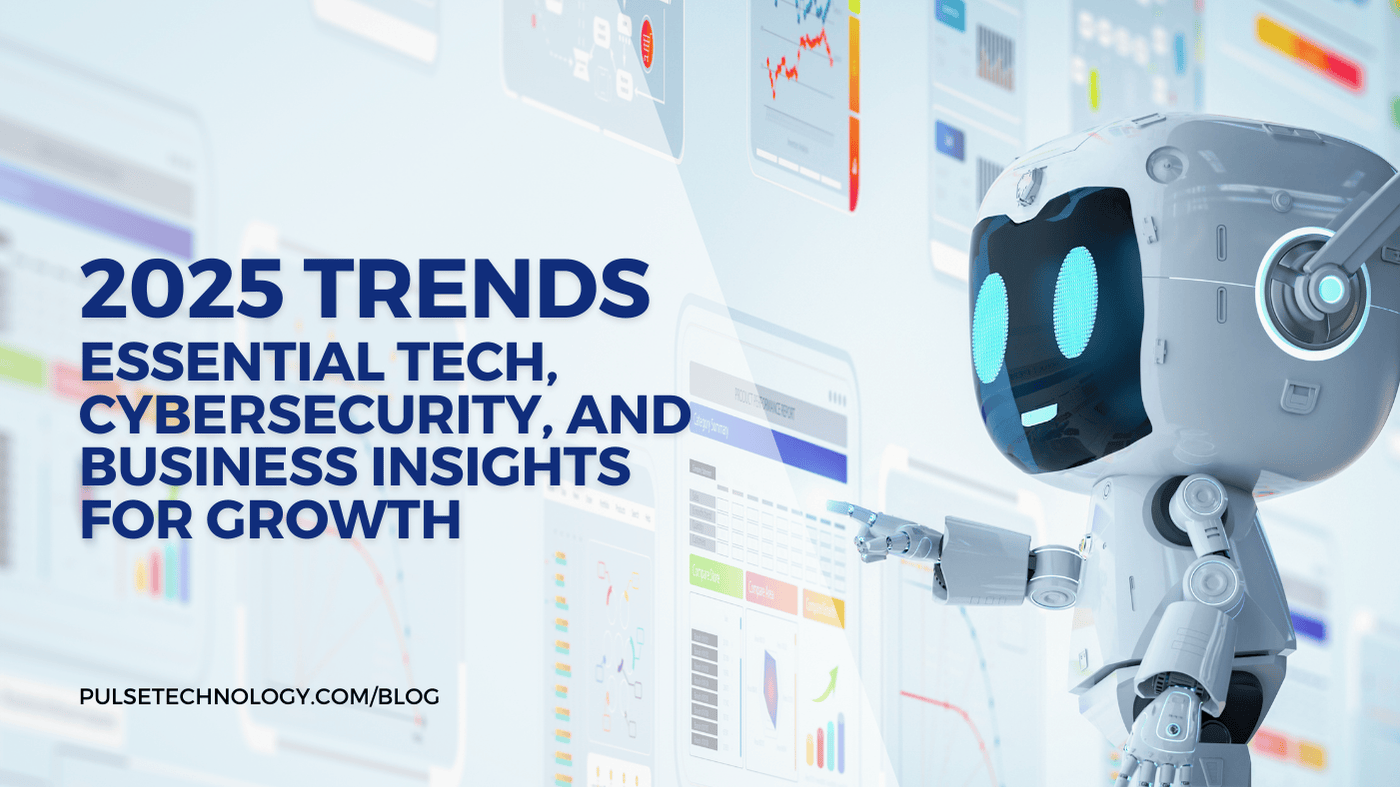How Smart City Technology is Transforming Urban Living
Imagine a city where streets are safer, energy use is more efficient, and technology seamlessly integrates into everyday life. This is the reality of smart city technology. Cities worldwide are embracing digital transformation, reshaping how we live, work, and connect. The promise of smart cities is no longer a futuristic vision but an ongoing revolution in urban development driven by sustainability initiatives that optimize energy and resource use for a greener future.
In this article, we’ll explore how smart city solutions are reshaping urban living—improving public safety, advancing sustainable energy systems, and providing a glimpse into the future of urban spaces.
What Defines a Smart City?
A smart city integrates advanced technology to streamline operations, improve service delivery, and enhance the well-being of its residents. These cities utilize information and communication technology (ICT) to create more efficient, transparent governance and a higher standard of living.
The core mission of a smart city is to optimize urban systems to drive economic progress while simultaneously improving the everyday experiences of its citizens. It’s not just about the abundance of technology but about its practical application to address real-world challenges.
To gauge a city’s level of "smartness," several key factors are used, including:
- A tech-centric infrastructure that supports innovation
- Initiatives focused on environmental sustainability
- Well-planned, effective public transportation systems
- Ambitious, forward-thinking urban development strategies
- A thriving community where people can live and work, fully utilizing the city’s resources
Key Components of Smart City Solutions
The success of smart cities relies on the integration of various technologies. Key components include:
- IoT and Sensors: The Internet of Things (IoT) and sensors collect real-time data, monitoring everything from road conditions to water usage. This data helps cities address issues like air pollution and traffic congestion. For instance, smart sensors can detect water leaks and send alerts to prevent costly damage.
- AI and Cloud Computing: AI analyzes the massive amounts of data generated in smart cities, predicting trends and identifying potential issues before they arise. Cloud computing ensures efficient data storage and processing, enabling cities to adapt to changing needs.
- Cybersecurity and Data Protection: With the increase in data collection, robust cybersecurity measures are crucial to protect against breaches and unauthorized access. Strong data protection protocols ensure residents' personal information remains secure while supporting the city's digital infrastructure.
13 Ways Smart City Technology Shapes the Future
Smart city technology is revolutionizing the way urban environments operate, enhancing everything from safety and public services to sustainability and economic opportunities. Smart cities harness the power of data, connectivity, and innovative solutions to become more efficient, livable, and future-ready. Let’s find out below how smart cities are transforming urban landscapes:
1. Optimize Public Services
Smart cities use advanced technologies to make public services more efficient, cost-effective, and environmentally responsible. For example, real-time data helps optimize waste management and routing collection vehicles more efficiently. Smart water systems monitor consumption, detect leaks, and conserve resources, contributing to sustainability while reducing operational costs and emissions.
2. Advance Public Safety and Security
Proactive solutions, such as integrating data and AI, help smart cities improve public safety. Predictive analytics help reduce crime rates, while real-time surveillance and emergency systems expedite responses. These technologies also reinforce cybersecurity measures, safeguarding residents and city infrastructure from physical and cyber threats.
3. Transform Urban Mobility
Smart technologies, such as AI-based traffic management systems and mobility apps, streamline urban transportation. Real-time updates on traffic conditions, parking availability, and public transit make commuting easier, reduce congestion, and enhance the overall flow of city traffic, improving the quality of life for residents.
4. Enhance Public Health Initiatives
Smart city technologies are revolutionizing healthcare by providing real-time health monitoring and data-driven alerts. In densely populated areas, digital health platforms enable remote consultations, promote preventative care, and manage chronic conditions. These tools improve healthcare access, reduce the spread of diseases, and enhance overall public health outcomes.
5. Drive Environmental Sustainability
Sustainability is a core focus in smart cities. Technologies like smart grids and energy-efficient systems minimize energy consumption. Pollution sensors track air quality, alerting authorities to environmental hazards, while waste management systems optimize recycling and disposal processes, contributing to cleaner cities and a more sustainable future.
6. Strengthen Community Engagement
Smart cities create stronger communities by providing platforms for residents to engage with local governance. Digital tools enable citizen participation in decision-making processes, fostering greater transparency and accountability. This promotes a more responsive city government and a sense of shared responsibility among citizens.
7. Improve Economic Accessibility
Smart city technologies create new economic opportunities by improving labor market efficiency and reducing bureaucratic delays. Automation and digital platforms streamline public services, making housing, utilities, and other urban essentials more affordable and accessible, ultimately enhancing the attractiveness of smart cities as places to live and work.
8. Foster Innovation and Economic Growth
Public-private partnerships and open data platforms fuel innovation in smart cities. These initiatives attract investment and enable businesses to create new solutions using urban data, stimulating economic growth and job creation. The adoption of smart technologies boosts productivity, increases global competitiveness, and enhances the overall economic vitality of cities.
9. Empower Data-Driven Decision Making
Big data and IoT solutions give city leaders the tools to make informed decisions. City officials can optimize city operations, predict future needs, and allocate resources more effectively by analyzing trends in areas such as traffic, energy consumption, and crime. This data-driven approach leads to more proactive governance and smarter urban planning.
10. Reinvent Infrastructure Management
Smart technology helps cities monitor and maintain aging infrastructure more efficiently. Sensors embedded in critical structures, such as bridges and roads, send real-time data to authorities, allowing them to detect issues early, plan repairs, and extend the life of these vital assets. This proactive maintenance reduces costs and improves infrastructure reliability.
11. Promote Digital Equity
Smart cities aim to bridge the digital divide by ensuring equitable access to technology for all residents. Public Wi-Fi, affordable internet, and digital literacy programs provide the necessary tools for participation in the digital world. These initiatives empower individuals with new opportunities in education, employment, and civic engagement, contributing to a more inclusive society.
12. Innovate Resource Management
Smart city technologies enhance how urban areas manage essential resources. For example, smart meters and grids allow for real-time tracking of energy and water consumption, enabling better resource allocation. With optimized usage, these technologies help cities conserve vital resources, reduce waste, and improve the sustainability of public services.
13. Boost Workforce Productivity
Workflow automation and digital tools help streamline operations in the public sector, allowing city employees to focus on strategic priorities. Equipping workers with smart devices and collaborative software enables smart cities to enhance workforce productivity, improve service delivery, and increase employee satisfaction. This then led to a more effective public service sector.
Some Real-World Examples of Smart City Innovations
Cities globally are already implementing smart city solutions. Here are a few notable examples:
- Singapore: As a leader in smart city development, Singapore utilizes IoT for traffic management and waste collection. AI-powered platforms allow government agencies to respond swiftly to citizen needs, optimizing public services.
- Barcelona: Smart technology helps manage public services like street lighting, waste collection, and water distribution. IoT sensors and cloud-based systems have reduced Barcelona’s environmental footprint while improving city management.
- Copenhagen: Aiming for carbon neutrality by 2025, Copenhagen uses smart technology to optimize public transportation and reduce emissions. Smart infrastructure supports green transportation and enhances accessibility.
- Phoenix: Autonomous vehicles are becoming a thing, with the long-term goal of reducing traffic congestion and promoting shared sustainable transport. Just like Singapore, Phoenix is already testing autonomous vehicle services.
Smart City Technology in Office Spaces
To match the pace of smart cities, modern offices are designed with flexibility and smart tech. These offices combine essential features to foster productivity, efficiency, and employee well-being. For example, automated lighting and climate control adjust settings based on occupancy and natural light, enhancing comfort while cutting energy costs. Advanced security measures, including biometric access and constant monitoring, protect physical and digital spaces.
Additionally, smart meeting rooms are equipped with interactive displays, video conferencing, and scheduling systems. This makes collaboration easier and reduces scheduling conflicts for a more efficient work environment. Other features like improved air quality also support employee well-being, creating adaptable and sustainable workspaces.
Take the Next Step Toward a Smarter City with Pulse Technology
Smart city technology is reshaping urban living, making it more efficient, sustainable, and connected. With advancements in cloud computing and AI, smart cities are poised to become even more sophisticated, solving modern urban challenges.
Are you ready to bring smart solutions to your organization or city? Pulse Technology offers a suite of services, including workflow automation, managed IT, and physical security solutions tailored to support smart city initiatives. From video wall systems to data protection, our team has the expertise to guide your digital transformation. Connect with us today to create a smarter, more connected environment.




